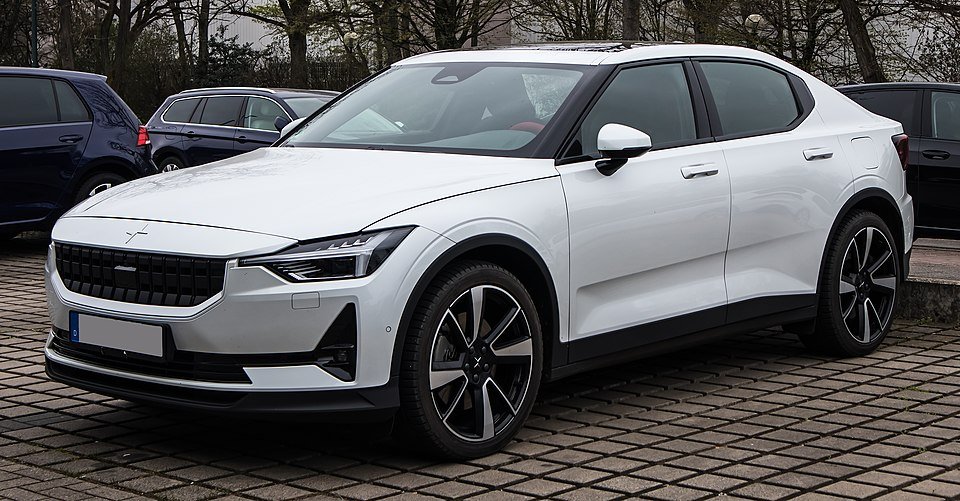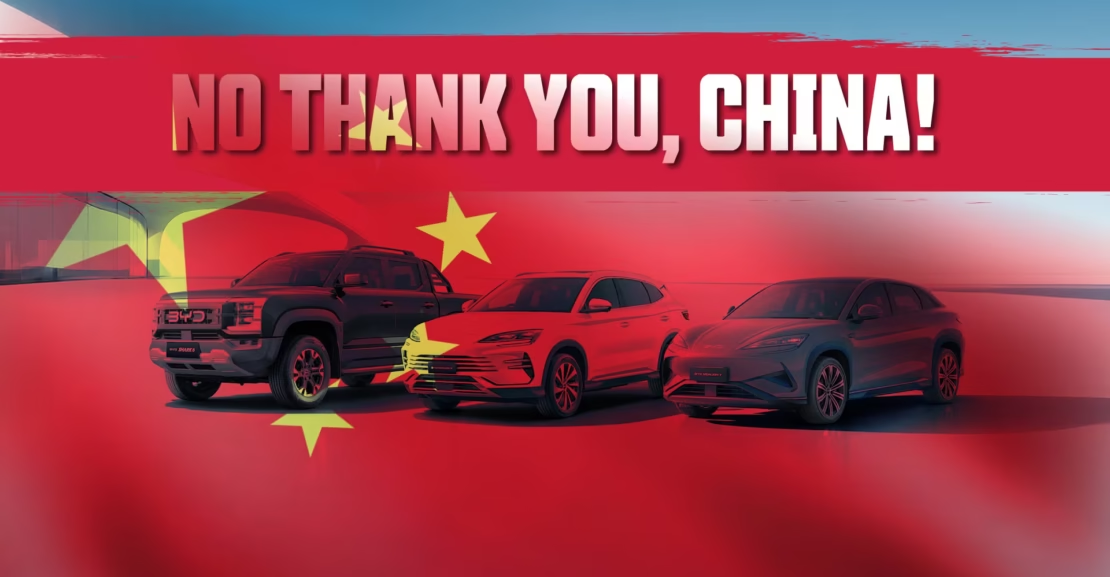As of 2025, Chinese-branded cars are not officially sold in the United States, not because of a single outright “ban,” but due to a combination of trade policies, national security concerns, regulatory barriers, and geopolitical tensions. While you won’t find a BYD, Chery, or NIO dealership in the U.S., the reality is more nuanced than a simple ban—Chinese automotive technology is present, just under different brands.
Here’s a breakdown of the key reasons Chinese-branded vehicles are excluded from the U.S. market.
1. National Security and Data Privacy Concerns
One of the biggest hurdles is fear over data collection. Modern Chinese EVs come with extensive sensors, cameras, and connected systems that constantly gather data—GPS location, driver behavior, and even cabin audio. U.S. intelligence agencies worry this data could be accessed by the Chinese government, posing a risk to national security.
In 2024, the U.S. Department of Justice and FBI launched investigations into Chinese automakers over potential surveillance risks, leading to restrictions on fleet purchases and government use.

2. Battery Sourcing and the Inflation Reduction Act (IRA)
The Inflation Reduction Act (IRA) offers up to $7,500 in EV tax credits—but only if battery components are not sourced from “foreign entities of concern,” including China.
Since most Chinese automakers use batteries produced in China (e.g., BYD’s Blade Battery), their vehicles are ineligible for federal tax credits, making them financially uncompetitive in the U.S. market—even if they were sold here.

3. Trade Barriers and Tariffs
The U.S. imposes high tariffs on Chinese-made vehicles, originally introduced during the U.S.-China trade war. While tariffs on some goods have been eased, 25% tariffs still apply to Chinese-built cars, making them significantly more expensive than domestic or even European EVs.
This pricing disadvantage makes it nearly impossible for Chinese brands to compete fairly.

4. Lack of Official Dealerships and Service Networks
Chinese automakers have not invested in U.S. sales infrastructure. Without official dealerships, service centers, or warranty support, selling cars directly would be logistically and legally challenging. American consumers expect nationwide service, roadside assistance, and recall management—services Chinese brands are not yet equipped to provide.

5. Geopolitical and Political Pressure
The U.S.-China relationship remains tense over issues like technology, Taiwan, and military expansion. Allowing Chinese-branded cars into the U.S. market could be seen as a strategic concession, and politicians from both parties have voiced opposition to expanding Chinese influence in critical infrastructure—including transportation.
But Wait—Are Chinese Cars Really Absent?
No. While Chinese-branded cars are not sold, Chinese-developed and Chinese-owned vehicles are already on American roads:
- Polestar 2 – Owned by Geely (China), built in China, sold at Volvo dealerships.
- Volvo XC40 Recharge – Volvo is fully owned by Geely.
- Lotus Eletre – Majority-owned by Geely, built in China.
- Smart #1 – Co-developed by Geely and Mercedes-Benz.
These models bring Chinese EV technology, design, and innovation to the U.S.—just under Western branding.

Can You Import a Chinese Car?
Yes, but it’s complicated. You can privately import a Chinese car if it meets U.S. EPA and DOT standards. However:
- Modifications may be needed (lighting, bumpers, software).
- The vehicle must go through a Registered Importer.
- No federal tax credits apply.
- Warranty and service support are limited.
Final Answer
Chinese cars are not technically “banned” in the U.S., but a mix of security concerns, trade policies, battery rules, and political tensions effectively blocks their entry. While you can’t buy a BYD or NIO today, Chinese automotive innovation is already here—powering EVs sold under global brands.

